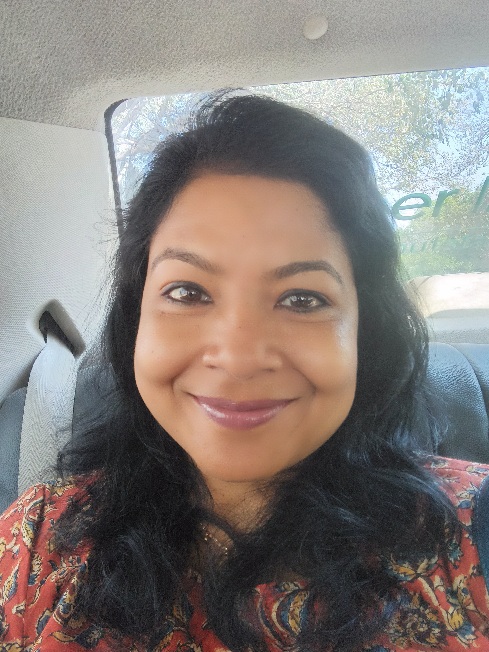Click here to join Express Pune WhatsApp channel and get a curated list of our stories
India to share its digital success stories with other nations under One Future Alliance: IT MoS Rajeev Chandrasekhar
About the One Future Alliance, the minister said the countries will take the current open-source customisable stacks that are available and build, customise and innovate for the future for themselves and the rest of the world.
 Union Minister and BJP leader Rajeev Chandrasekhar addresses a press conference, at BJP Headquarters in New Delhi, Friday, June 9, 2023. (PTI/File)
Union Minister and BJP leader Rajeev Chandrasekhar addresses a press conference, at BJP Headquarters in New Delhi, Friday, June 9, 2023. (PTI/File) India Monday launched the Digital Public Infrastructure (DPI) partnership of nations to enable countries, especially low and middle-income nations, to learn from its experiences over the last five years in harnessing technology to improve governance, and for social, economic, digital and sustainable development. The government also introduced the idea to form an alliance of countries, called One Future Alliance, which would allow like-minded countries to come together to cooperate on using technology to improve people’s lives.
Speaking at the event, which is linked to a G20 working group meeting on the digital economy, Minister of State for Electronics and Information Technology, Skill Development and Entrepreneurship Rajeev Chandrasekhar said: “Prime Minister Narendra Modi has made it clear that India’s technology capabilities, or the India stack, can be made available to any country that is interested in joining this accelerated digitalisation trend that is evident in the recent years. Before this, any conversation on digitisation was, globally, one about haves and have-nots — technology and digitisation were the prerogative of advanced nations. Any conversation of digitisation was accompanied by a narrative of exclusion.”
He said the poor were excluded from technology while the rich benefited from it. With the Digital India push, technology began to be used to improve governance and democracy, expand the digital economy, encourage entrepreneurship opportunities and transform India from being a consumer of technology to a producer of technology.
About the One Future Alliance, the minister said the countries will take the current open-source customisable stacks that are available and build, customise and innovate for the future for themselves and the rest of the world.
The event was attended by more than 15 countries and international experts working in areas of digital governance. Separate MoUs were signed by India with Armenia, Sierra Leone and Suriname on sharing the successful digital solutions that have been implemented at population scale for digital transformation. The event included a Global DPI exhibition to give visitors, especially foreign delegates, an idea of some of the achievements of the Digital India Flagship Programme, such as Aadhaar, UPI, DigiLocker, and egov.
During his address to the delegates, Chandrasekhar said India was ushering in a decade powered by technology or “techade”, which will have the “digital nagrik at the centre”. Highlighting the importance of an alliance of nations in addressing issues or cybersecurity, the minister said that the template of cybercrime and cyber security almost always is that the criminal is in one jurisdiction, the victim in another and the crime in a third. “There is more and more cooperation in the global protocol that is required for us,” said Chandrasekhar.
He said that the One Future Alliance acknowledges that technology keeps changing and that many countries have understood not only the power of Artificial Intelligence but also of languages. He said that the Bhashini application, which has been developed to help people translate content in different Indian languages, has shown “a powerful way to include people in the power of technology and innovation”. “With the One Future Alliance, like-minded countries will cooperate not just to innovate on the future of DPIs but also implement it and create an ecosystem of technology and Innovation sharing,” he said.
The three priority areas selected for the Digital Economy Working Group are DPI, Cybersecurity and digital Skilling. Chandrasekhar stressed on the importance of digital skilling to reduce the digital divide among G20 members. “It is important that countries invest in reassessing and revamping their strategies for digital skilling, reskilling and upskilling in accordance with the changing demands of the industry,” he said.
Click here to join Express Pune WhatsApp channel and get a curated list of our stories









